Indeed, this post is about talent. In the last
years the acquisition and development of talent is a priority in the agenda of
the vast majority of organizations and executives.
But this is not really new. In my experience
managing different teams we have different ways of developing the talent, for
example, why instead of looking from the top how to develop the talent we apply
our intelligence to help them to discover their own? I will try to explain what
I mean.
Let´s start to ask ourselves some questions as
follows:
·
Which
is the talent that makes them unique and it is needed by the organization?
·
In
which situations and how they could develop it?
·
Why
we don’t create scenarios and opportunities so they could effectively test it?
·
What
if we give them feedback about how they did it and how they could improve it?
If you are worried to retain your key
employees, those who will allow you to carry out your corporate strategy which
took a lot of resources (time, effort and expertise) to be planned I can
understand your worries.
Allow me to tell an example from my own
experience. Some time ago when I was leading a finance department I proposed to
my organization to look the talent development from a different perspective. We
need to consider the human being aspect that was my argument. I did not get too
much approval, to be honest, no approval at all. I heard things like “this is not your business you just do the changes approved by the senior management”
or “we understand your point but you
know, here the things are different, people don’t leave the company, they need
the money and they do whatever”. The attrition rate was increasing
dramatically. But not only the new employees were leaving but also the most
seniors as well, including some pioneers and also the so called “right hands”. How was this possible? Was
not money everything?
I insisted that we needed to ask different
questions, intelligent questions. Avoiding the questions where the replies
could be premeditated. The senior management and the HR Director asked me to
prepare a list with my proposals. Well, see below some examples:
·
How
do you feel on Monday morning?
·
How
do you feel on Friday afternoon?
·
Do
you think we should offer anything different to our customers?
·
What
obstacles, from the leadership perspective, do we put to allow you to do your
tasks?
·
Do
you know how your work contributes to the business?
·
How
do you think we could save money?
·
If
your work is not for 10 points, what do you lack to do it?
·
What
was the latest decision senior management made and you did not understand?
·
How
we could communicate these decisions in a clearer way next time?
·
How
could you do you work more effectively?
·
If
you could change the collective behavior of the organization, what would it be?
·
How
you see, how you feel working in the team of this company?
·
What
make you feel proud of working in this company?
·
What
did you learn last week? From whom did you learn anything?
I could add more but I don’t want to bore the
reader!!!
The above questions did the people spoke
out. Speak out if you are concerned,
that was the message. When you ask people honestly they are ready to share
their thoughts. They talk with the expectations that something is going to
change. At the end of the day we have to
tell the employee which is the talent the company needs from him/her.
As you know the quality of the answers are
based on the quality of the questions. The reason for the above mentioned questions
was to look for clues to clear up the uncertainty in terms of what the person
considers the company could do to improve his/her performance and results. In
other words it is the employee who will express the intention to develop and
strengthen those capabilities that would increase his/her value, image and
self-confidence. Hence the question is: what is the organization doing to
create opportunities where the talent of the employees can be put in practice?
We don’t need to assign the role of team leader immediately but the person can
be a team member where he/she can feel is useful, trustful and part of
something superior and important.
Continuing with the above example after telling
the employees what was the talent most needed and how they could apply it and
after including them in challenging projects the situation started to change.
The employees started to express their opinions and freeing the first talent:
to respond creatively and sincerely to honest questions and concrete
experiences. In this scenario the ability of the company to capture all these
comments and transform in recognition and concrete rewards started to create a
philosophy of respect for the own capabilities and the willingness to “walk an
extra mile”.
The takeaway of this story is to know the
organizations cannot assume the right to lead and manage the talent, the
knowledge, the culture, the satisfaction or any other intangible which is
flying over the company. The persons have to be seen from a global perspective
so the organization can meet their motivations better than other only focused
on satisfying the own needs even if they are well-intentioned.
Based on the above managing the talent should
not be the “business priority” of the moment but to ask ourselves: if we
already have the base group in our organization with dozens of talents waiting
to be shown up, what can we do with them? It
is about maximizing the current talent
not to manage it. And actually is not a “war of talent” as in the war
nobody wins. The searching should be in the opposite, in my view, get that all
win, the employee, the manager the organization and the society. This way
winning the heart of the people and establishing the mechanisms and support
that contains the discipline people will remain in your organization. Do the right thing others will imitate it.






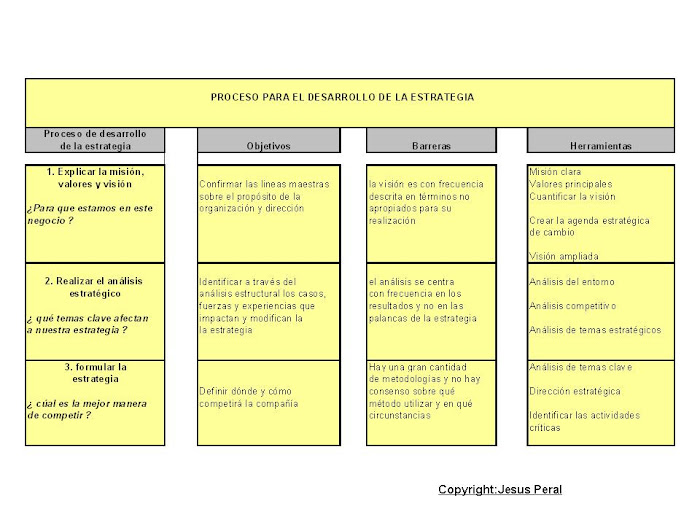

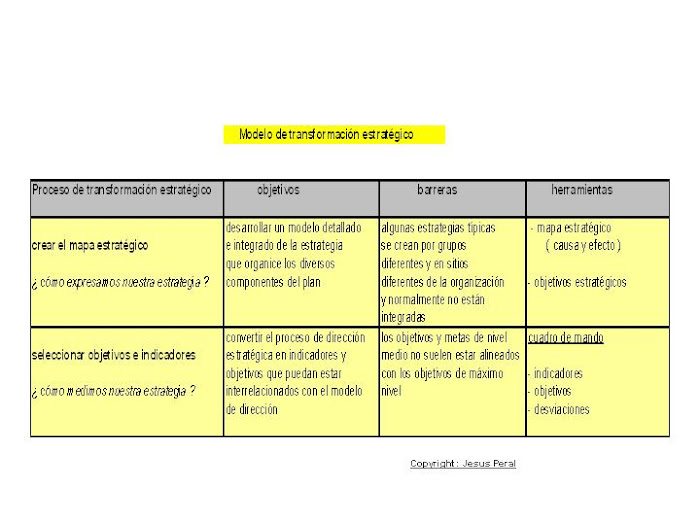
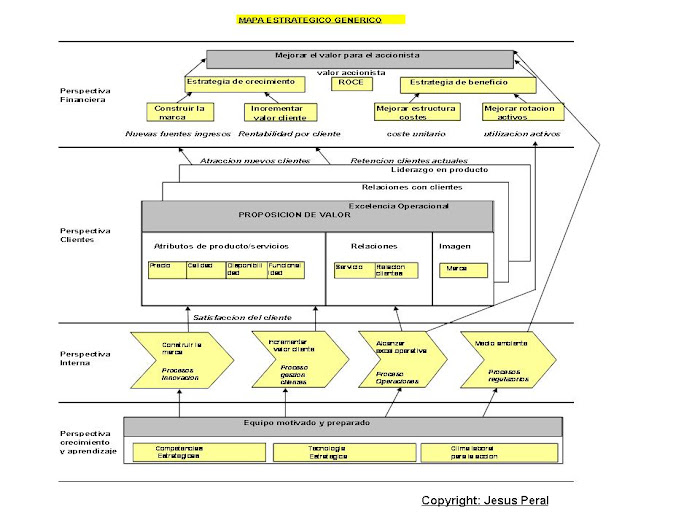

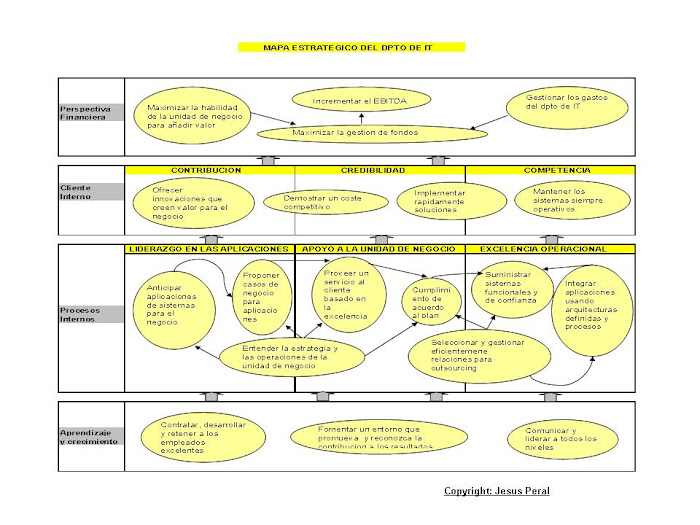
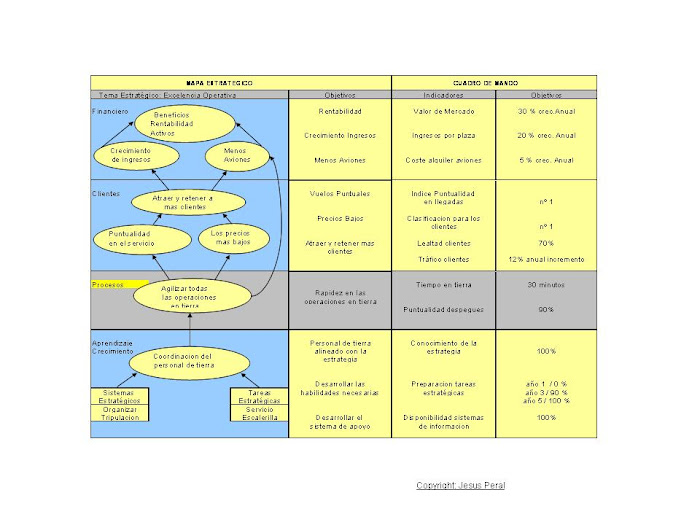
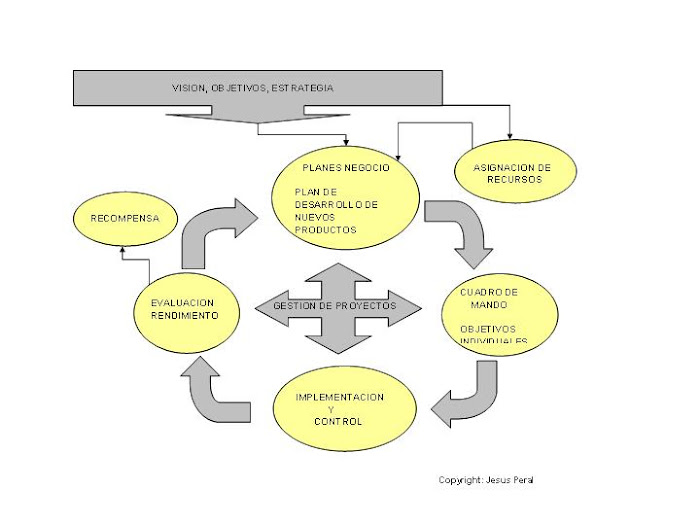

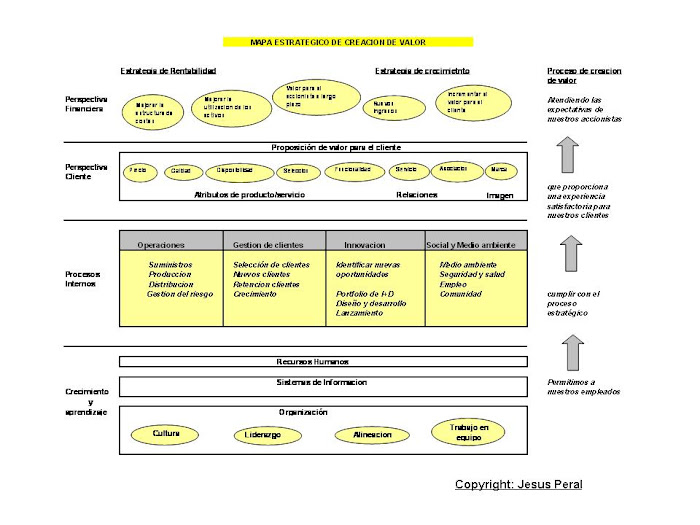




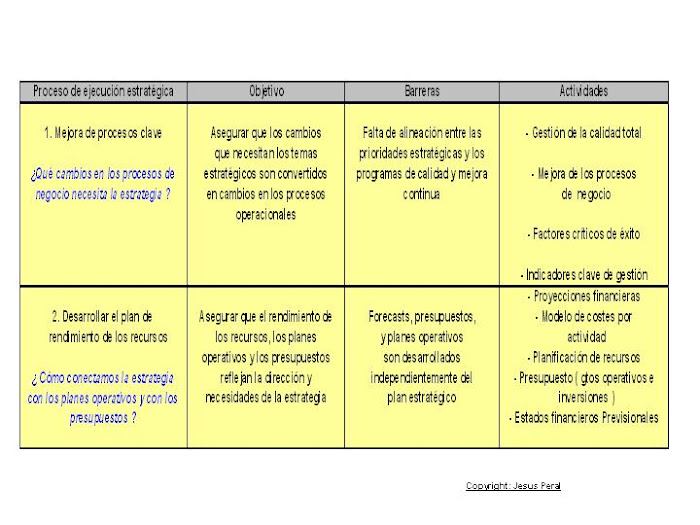
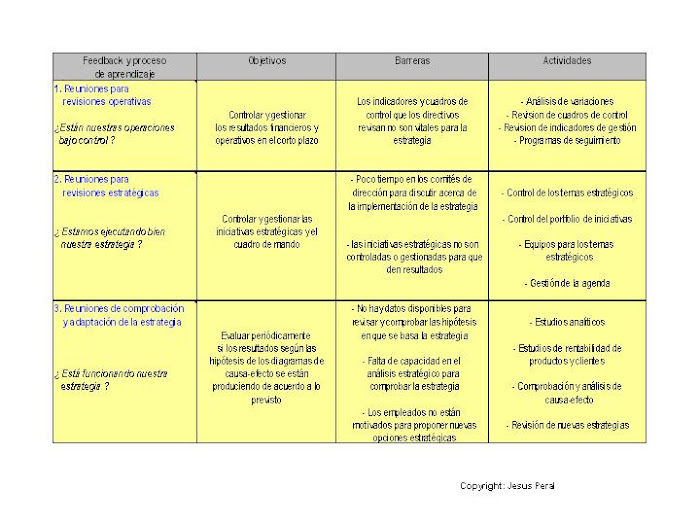


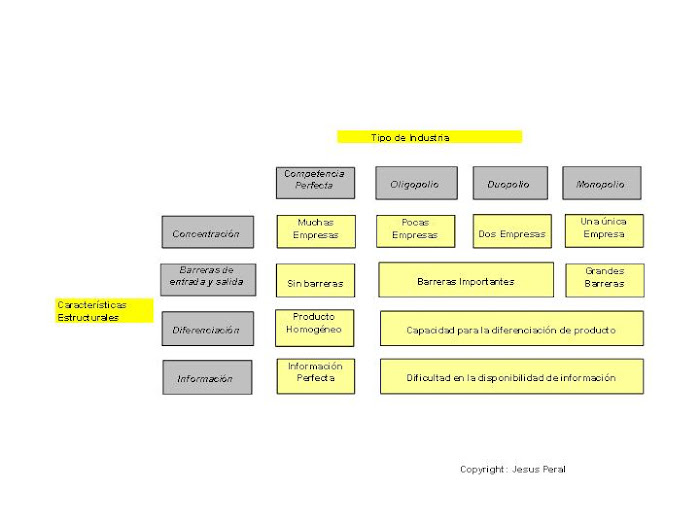

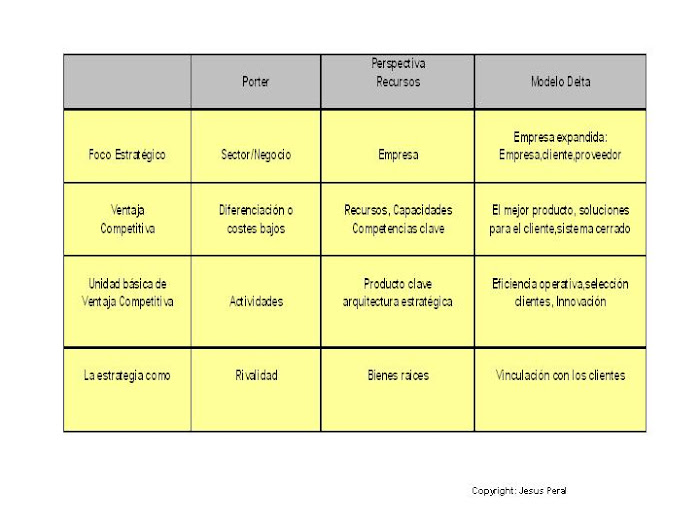
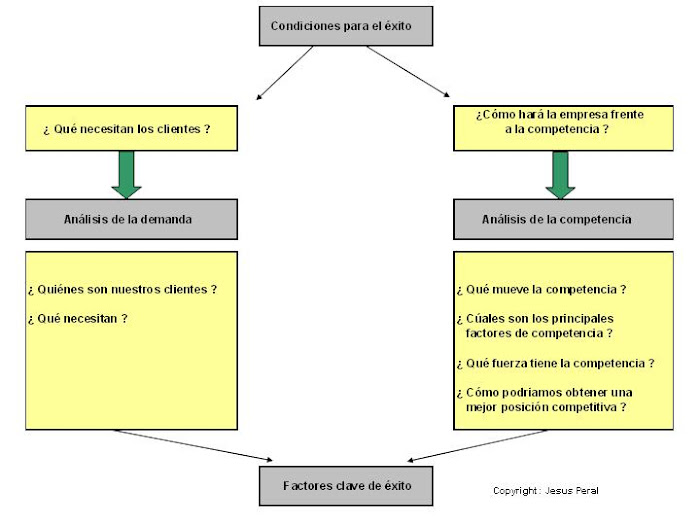
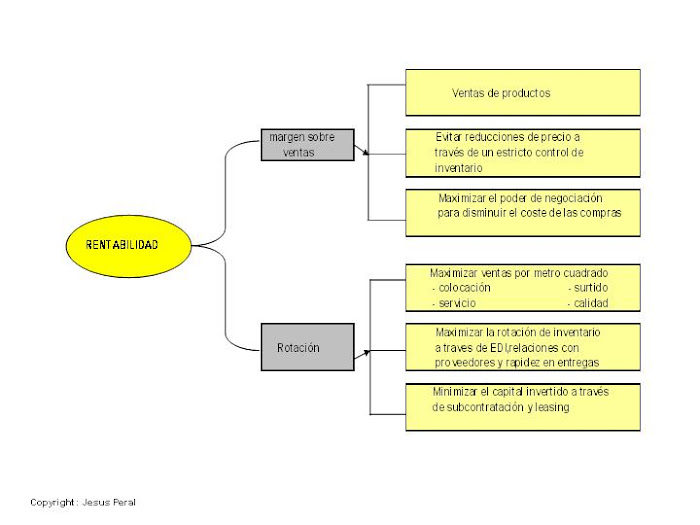





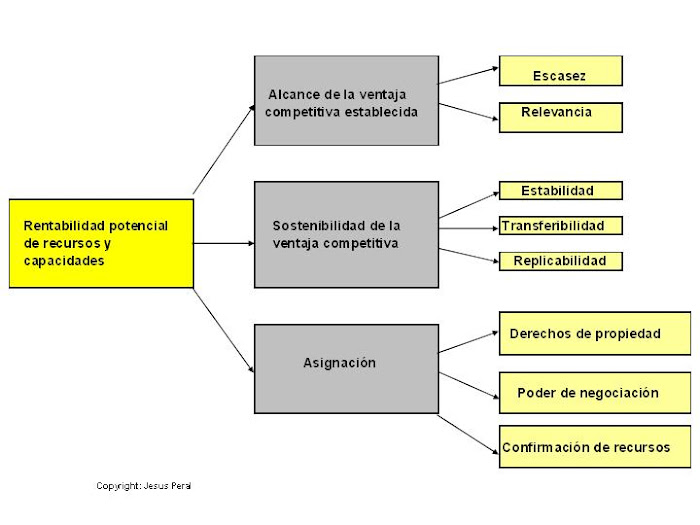

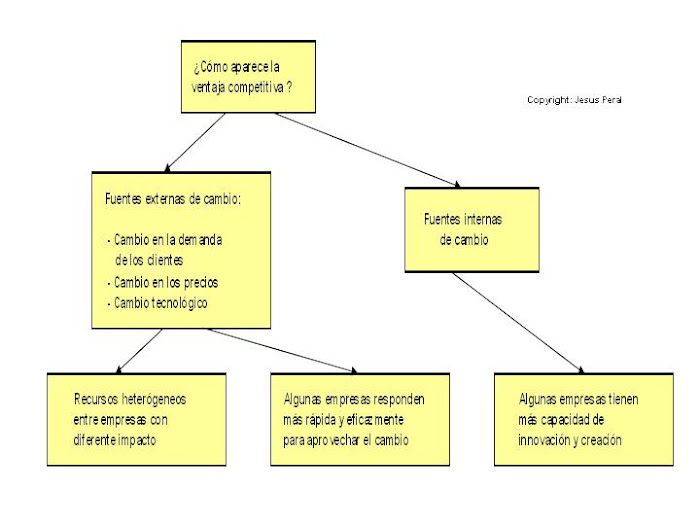

































No hay comentarios:
Publicar un comentario